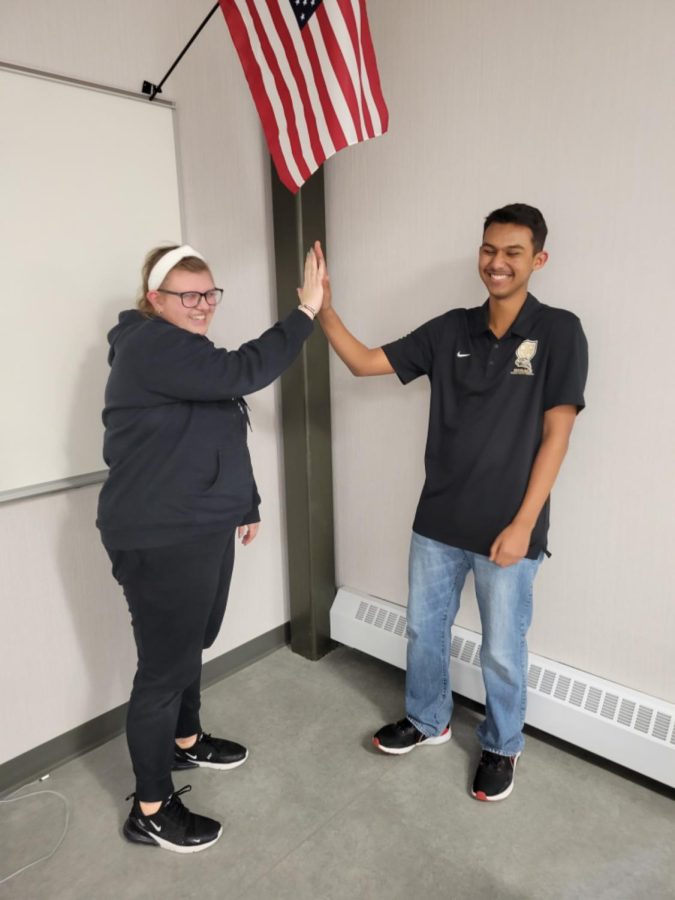Chronic Procrastination
Nadir’s Lament
November 1, 2022
This is a late assignment. I procrastinated this article for an entire month, and I have an hour and a half to write this. As I’m panicking to find a topic, it finally struck me, procrastination. This is a plague in our school, and an endemic for all students everywhere. We’ve all had something that we’ve put off for way too long, and we all know that procrastination isn’t good for us, so why do we all fall prey to it? I’d like to take an analytical approach to understanding why students procrastinate and what we can do to do better.
In order to solve this, we need to get to the root of the issue. The New York Times (2019) interviewed Dr. Piers Steel, professor of psychology at University of Calgary, he cites the chief reason behind procrastination being “Self-harm”. Procrastination, which is defined by Oxford as, “the action of delaying or postponing something,”. However, procrastination is more than that, it’s the conscious recognition of the fact that you need to do something yet choosing not to. There are many triggers for procrastination, and a Psychology Today (2015) article titled, 9 Reasons You Procrastinate provides plenty of examples, but I’d like to consolidate the common thread that they all share, fear of failure. Whether you believe that the work is pointless, you think you’re not good enough, or you’d rather do anything but the task at hand, more often than not the cause can be traced back to a fear of failure. With that in mind, we can now move into preventative and reactive methods for coping with procrastination.
Harvard Business Review (2022) published an article How to Stop Procrastinating, with three main steps to help solve your issues. 1) Schedule all deep work. Most people put off work by justifying to themselves that they don’t have enough time to start or finish a given task. Ensuring to schedule time to do your work allows you prevent wasting it. Not only that, but you can also build yourself in break periods to relax and decompress. 2) Ease yourself into new areas. Most of the time people spook themselves into a work paralysis unable to find the courage to learn or try a new method to get something done. Plan small steps to deal with unfamiliar tasks and be willing to make mistakes, and most importantly, ask for help if you don’t know what you’re doing. 3) “Reverse Brainstorming”. This term is used to describe imagining how to do the task and what the roadblocks may be. Once you identify the roadblocks you are able to build around them and avoid unnecessary hiccups.
Procrastination is a specter we all have haunting us, but if we use these skills, we maybe can ward it off for another day. It won’t happen overnight, but over time if you continue to be conscious of this skill you too can develop habits to liberate yourself from procrastination.












Elijah • Dec 1, 2022 at 2:52 pm
I’m supposed to be writing a paper but I’m reading this
Reese • Nov 18, 2022 at 9:14 am
Thanks Nadir, you really opened my eyes to the awful world of procrastination!